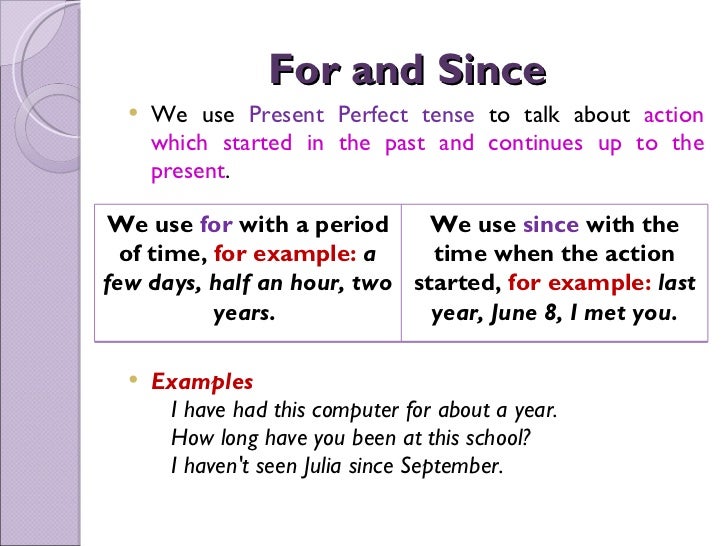SELF-ASSESMENT
- What can I do that I couldn't do before?
I learn the activities of the primary sector, how to describe a landscape.
I learn many vocabulary of crimes and criminals.
I learn how to do acrossport in the correct way without do dangerous.
- What did I like most?
I like how we learn the crimes playing games.
I like how we learn geography with power points.
I like play football because we don't play in three years that I were in this school
- What did I do well?
In geography I did well the maps
In english I did well the grammar
In physical education I did well all the sports
- What am I confused about?
I am confused about some vocabulary, sometimes I don't understand the definitions.
- What did I do in English outside the class?
I go to particular classes, I study and I play videogames in english.
- What do I need to improve?
My marks because I study a lot and I don't have the results that I can have.
- What did I learn about culture?
I learn about the stories we read about other cultures
I learn about the projects that my classmates are presenting because you learn many things


